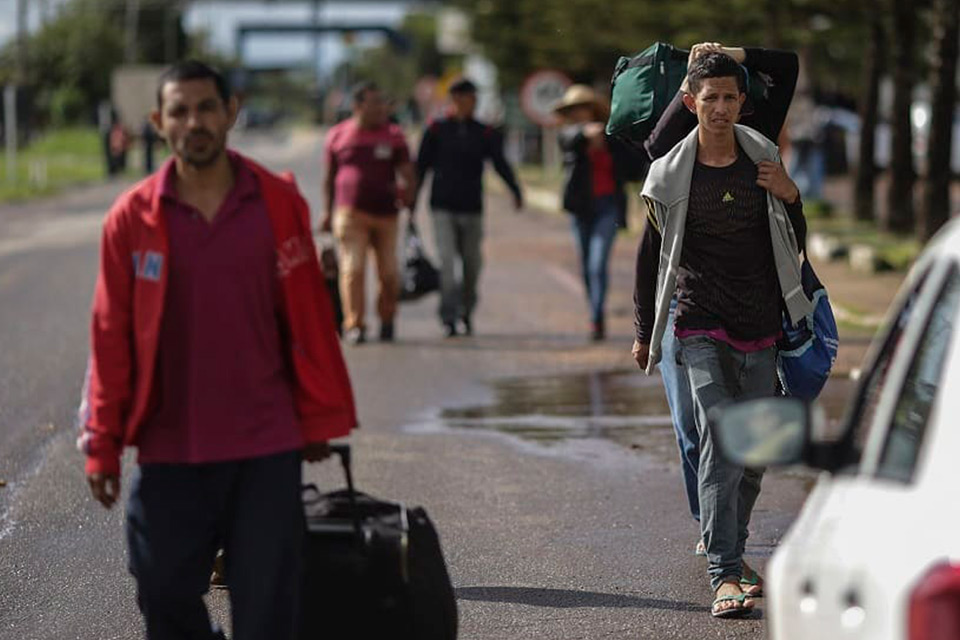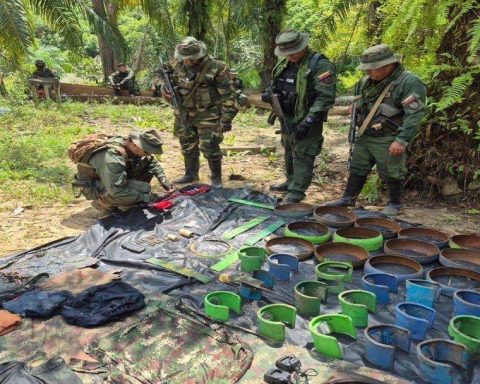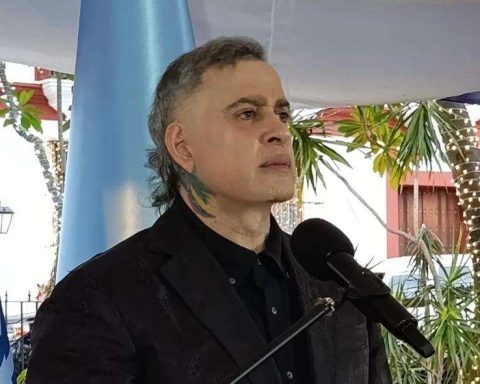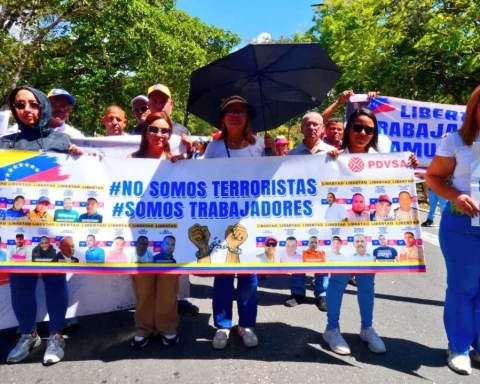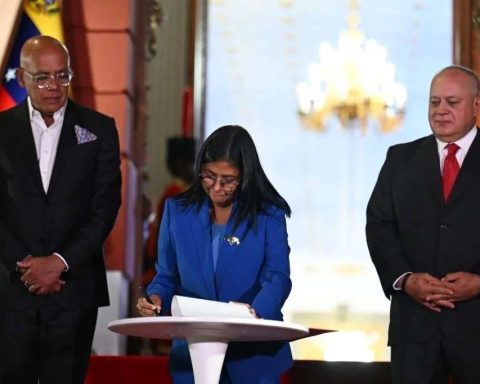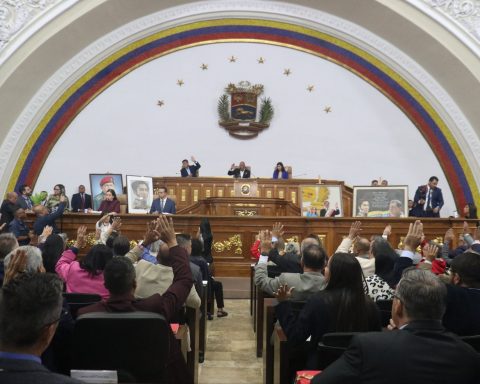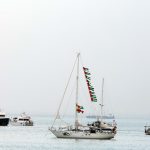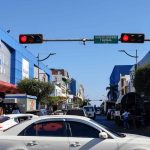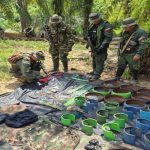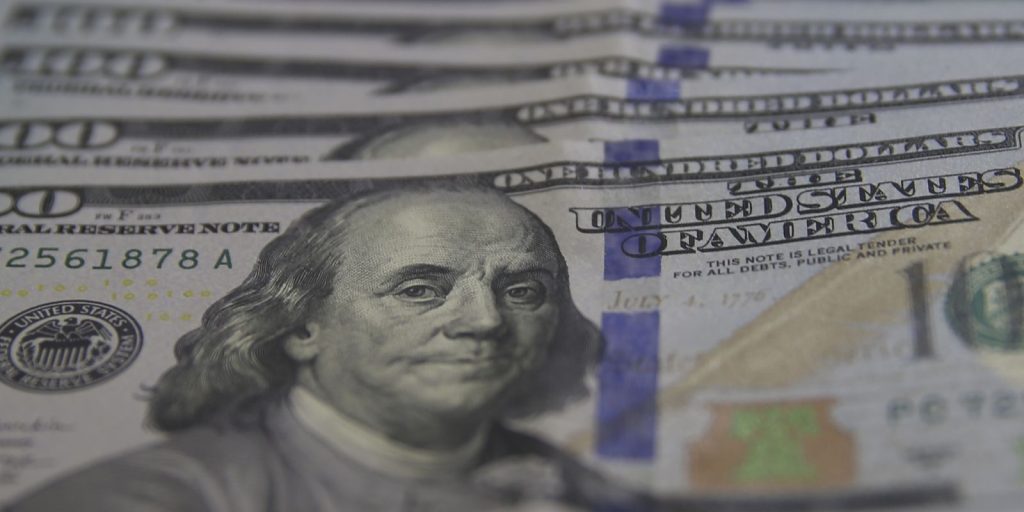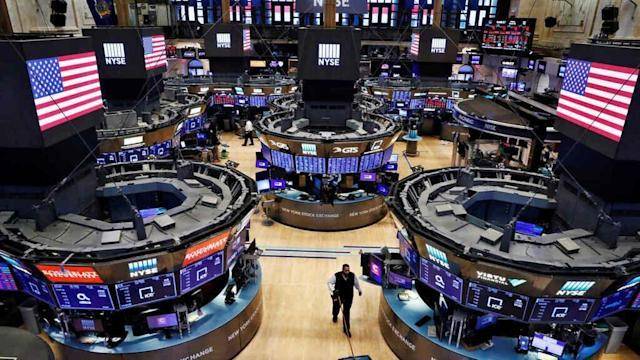In light of a possible increase in Venezuelan migration due to the events that occurred in the country after the elections on July 28, WOLA’s Venezuela director, Laura Dib, and the researcher at the Venezuela Observatory, María Clara Robayo, spoke on Noche D about the scenarios that may arise on the continent and the situation of people who have left the country in recent weeks.
The context following the presidential election of July 28 in Venezuela has been marked by the persecution of electoral witnesses, as well as an increase in arbitrary arrests and repression of protests. This, according to reports from several international institutions and non-governmental organizations.
The post-electoral situation has given way to an increase in migration, a phenomenon that, according to the Interagency Coordination Platform for Refugees and Migrants of Venezuela (R4V), is estimated to reach 7.7 million Venezuelans who have left the national territory due to the social, political and economic crisis that the country is going through.
In the NocheD program on September 4, the director of SuchWhich, Víctor Amaya spoke with Laura Dib, director for Venezuela at the Washington Office on Latin America (WOLA) and with María Clara Robayo, researcher at the Venezuela Observatory at the Universidad del Rosario, in Colombia.
Robayo indicated that there has been evidence of an increase in migration from the Venezuelan borders to Colombia, compared to months prior to July 28, but he stressed that the entry into the country of people who suffered persecution for political reasons had already been recorded.
WOLA Venezuela director Laura Dib argues that the harassment that took place after the elections, coupled with the complex humanitarian emergency, will lead to increased migration as repression of citizens continues.
Dib pointed out that there are people who are more vulnerable to violations of their rights. He added that these people cannot turn to Venezuelan institutions for fear of reprisals.
We have received cases of people whose passports have been cancelled, or who do not appear with the cancelled passport, but when they approach a border checkpoint or an airport, they may be deprived of their liberty.
María Clara Robayo, a researcher at the Venezuela Observatory, said that Colombia is better prepared than it was ten years ago to deal with the migration crisis, but it is less prepared than it was two years ago to receive a new flow of migrants into the country.
Robayo also commented that the region must understand the need of Venezuelans so that other countries in the continent address the migration emergency:
Indeed, the situation in Venezuela has worsened to such serious levels that there is less room for discussion about whether migrants leaving Venezuela in recent years actually require international protection.
The guests of NocheD discussed other aspects of migration, such as family reunification, and agreed that even if the situation in the country were to improve, this would not mean the total return of the people who migrated.
“Many people have lost family members in Venezuela, or lost property, so some will not be able to return,” said WOLA’s Venezuela director, Laura Dib. She added that people abroad also face consular and diplomatic restrictions, something that was seen in the impossibility of more than 4 million Venezuelans to exercise their right to vote in the Venezuelan electoral process and who are outside the country.
Listen to the full program by clicking Click here.
Post Views: 87
